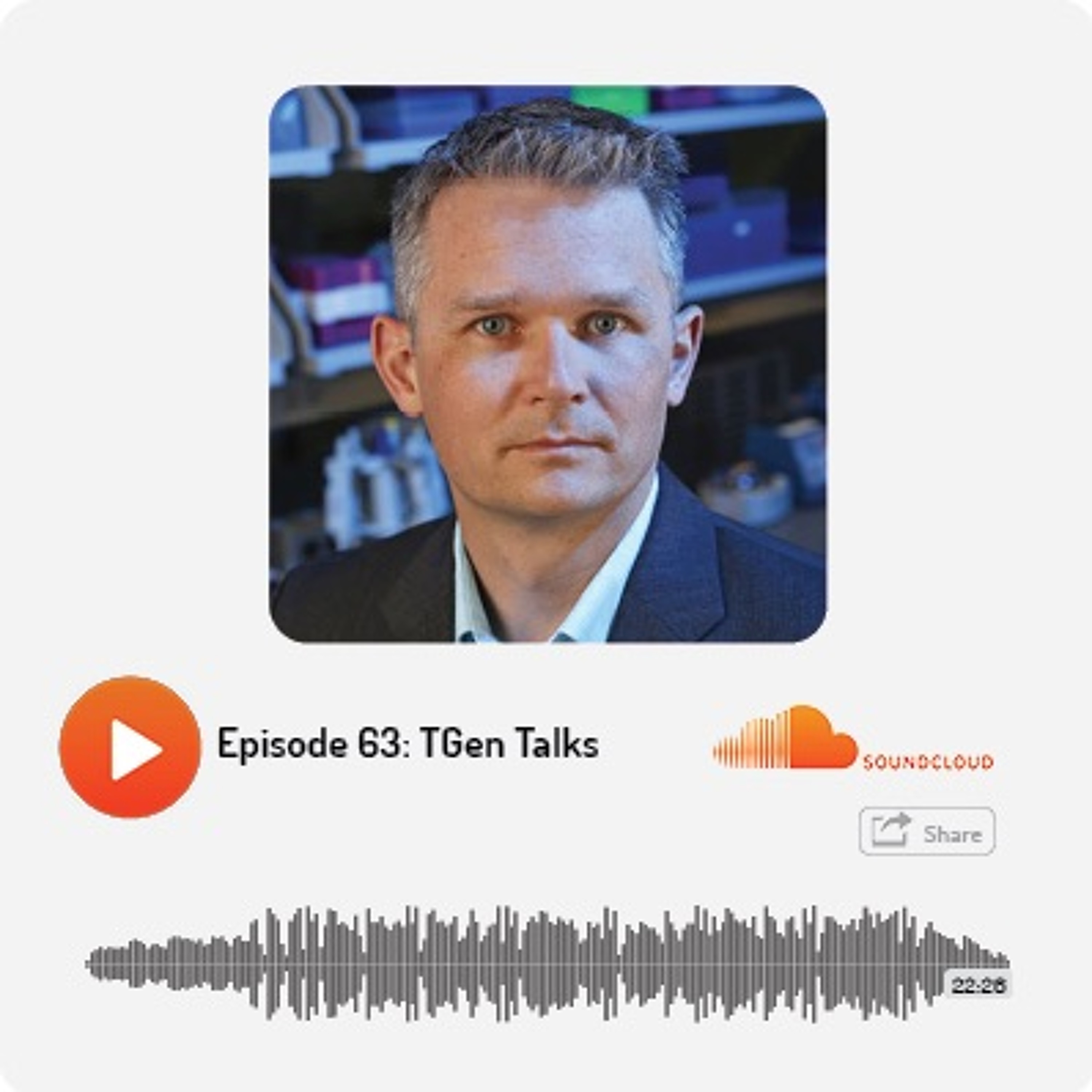Episode 63: Unlocking the Secrets of T Cell Therapy Resistance

For a patient diagnosed with multiple myeloma, a type of blood cancer, there are more treatment options than ever and traditional chemotherapies that cause debilitating side effects have been all but completely replaced by immunotherapies, treatments that help a patient's own immune system better fight the disease. But in many patients, a chosen immunotherapy drug can show great promise in early treatments, yet seemingly stop working altogether as time goes by. \n\xa0 In a paper that was published in Nature Medicine, TGen's Dr. Jonathan Keats explains how upwards of 65% of relapsing multiple myeloma patients could be affected by mutations that impact targeted T cell treatments. \n\xa0 On this episode, you'll hear about a study that found how these cancer cells were mutating to evade the very drugs prescribed to fight them. The findings could help clinicians and patients choose from among a variety of T cell therapies for multiple myeloma to find treatments that best match a patient\u2019s available tumor targets.\n\xa0 Dr. Keats also discusses his broader work in multiple myeloma and plans for a rapid sequencing center that will place valuable genomic-informed data in the hands of treating physicians in just 48 hours. \n\xa0 All this and more on TGen Talks.